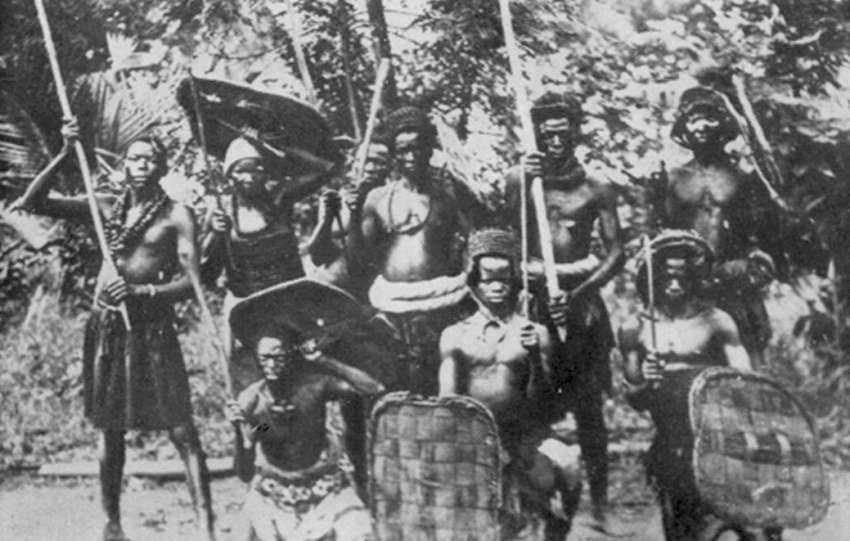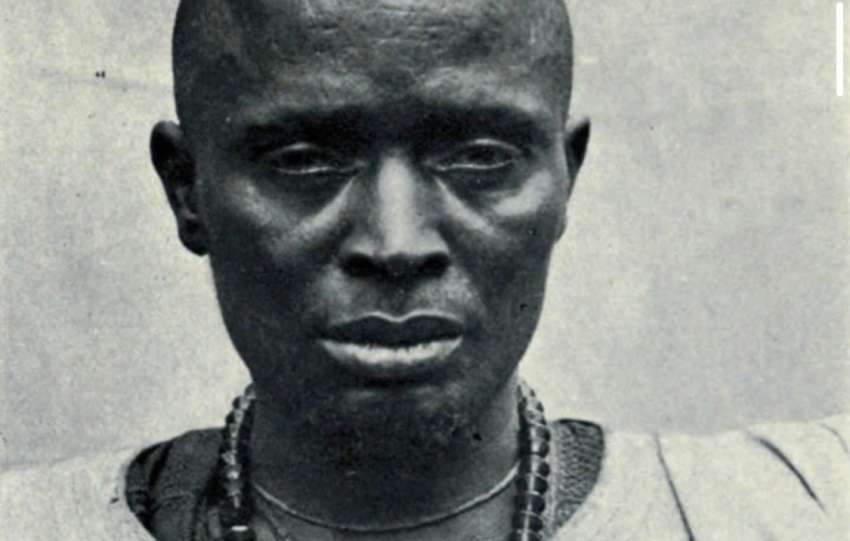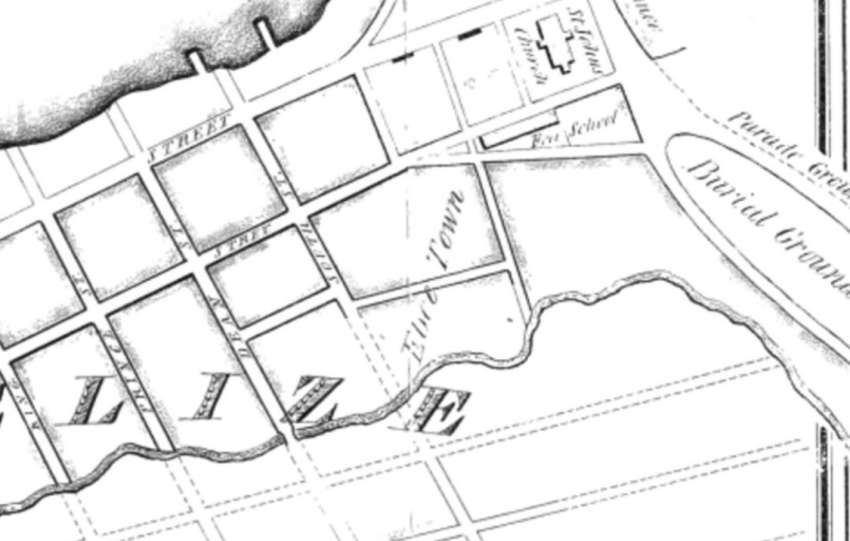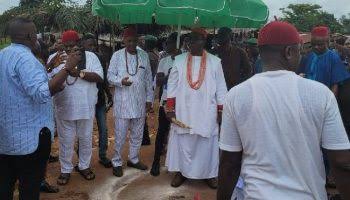
Similarities between the Ogwashi-Ukwu and Nri.
The Ogwashi-Ukwu and Nri share several cultural, historical, and traditional similarities due to their connections to the broader Igbo civilization. Both communities have rich histories and are rooted in Igbo culture.
1. Igbo Ancestry and Cultural Heritage:
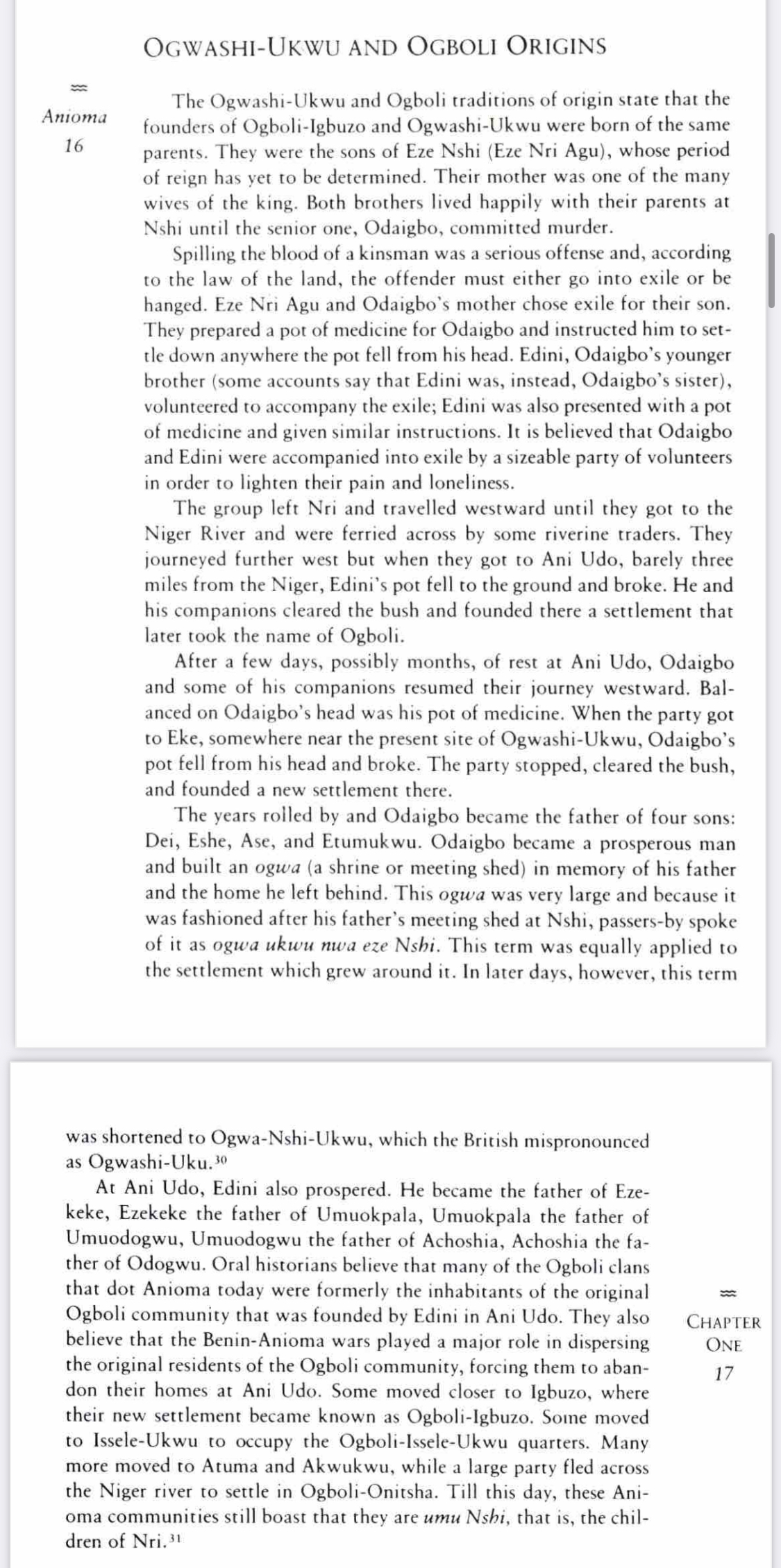
Both Ogwashi-Ukwu (located in present-day Delta State) and Nri (in Anambra State) are part of the larger Igbo ethnic group. Their languages, customs, and traditions are deeply intertwined with Igbo culture. They share a common Igbo cosmology, which includes beliefs in ancestral spirits, deities, and the concept of Chi (personal gods).
2. Historical Influence of Nri Kingdom:
The Nri Kingdom, one of the oldest Igbo kingdoms, held considerable spiritual and cultural influence over many parts of Igbo land, including the Ogwashi-Ukwu area. The Eze Nri (King of Nri) was regarded as a priest-king with spiritual authority over various Igbo communities, and Nri emissaries were known to travel widely, spreading the influence of Nri’s spiritual and cultural practices. Many communities, including Ogwashi-Ukwu, adopted some of their religious and cultural norms from the Nri Kingdom.
3. Ozo Title System:
Both Ogwashi-Ukwu and Nri practice the Ozo title system, a traditional institution common among many Igbo communities. This system involves men and sometimes women who take on religious and social leadership roles in their communities. The title holders are respected for their wisdom, wealth, and spiritual authority. In both societies, taking the Ozo title is seen as a mark of high social status and is deeply linked to ancestral reverence and religious rites.
4. Agricultural and Economic Practices:
Like many other Igbo communities, Ogwashi-Ukwu and Nri are historically agrarian societies. Farming, particularly yam cultivation, has always been central to their economy and culture. The New Yam Festival (Iwa-jị/Iri-jị) is a significant annual event in both communities, symbolizing thanksgiving and renewal, deeply tied to the Igbo agricultural calendar.
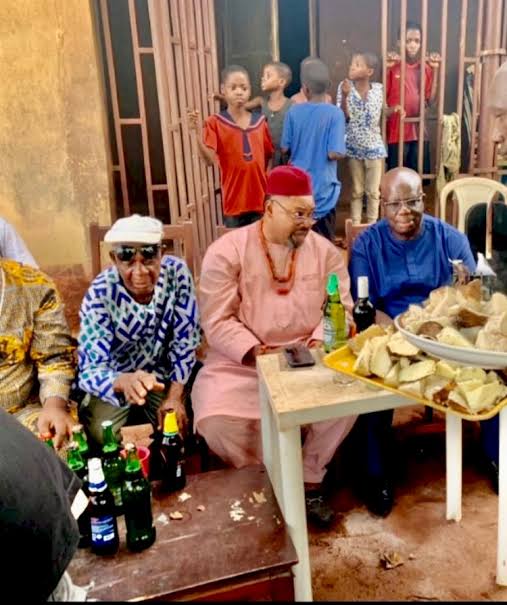
5. Spiritual Significance:
Both communities share deep spiritual traditions. Nri, as a religious and cultural center in Igboland, was known for its priests who conducted rituals of purification, peace-making, and cleansing of abominations across various Igbo communities. Similarly, Ogwashi-Ukwu has retained many traditional religious practices involving ancestral veneration, worship of local deities, and community rituals.
6. Monarchical Traditions:
While the Nri had a unique priest-king system, Ogwashi-Ukwu also has a traditional kingship institution, with the Obi of Ogwashi-Ukwu serving as the paramount ruler. Both communities value their monarchs, who are seen as custodians of tradition and spiritual intermediaries between the people and the ancestors.
Reference:
Ohadike, D. C. (1994). Anioma: A social history of the Western Igbo people. Ohio University Press.
Isichei, E. (1976). A history of the Igbo people. Macmillan.
Nwafor, O. (2011). The Nri kingdom and the evolution of Igbo civilization. Journal of African History, 52(2), 201-219.
Okeke, R. M. (1992). The Ozo title system in Igboland: A study of social structure and cultural identity. Nsukka Journal of the Humanities, 3(4), 73-85.
Iheanacho, E. N. (2009). Igbo traditional rulers and kingship institutions. Oxford University Press.

